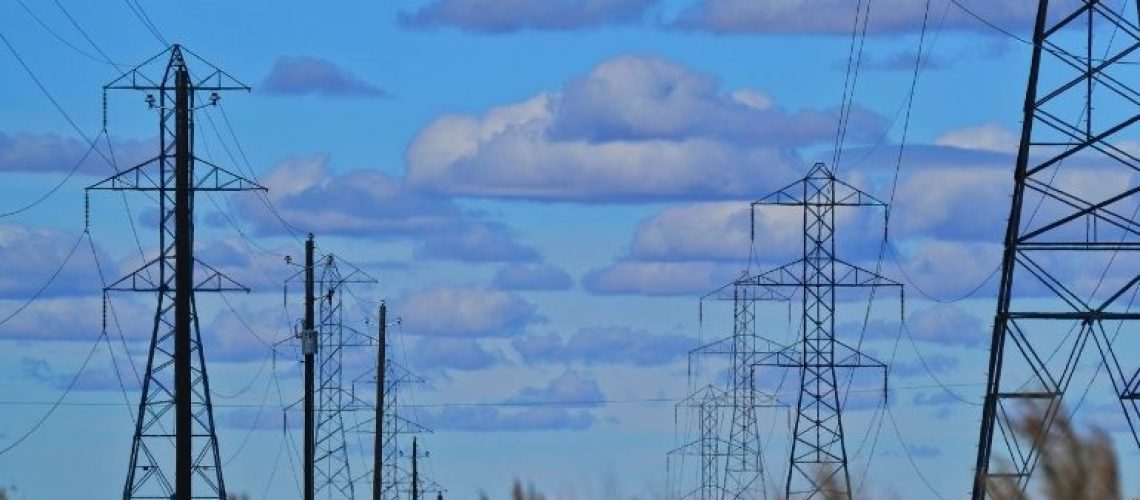More than 230 consumer, environmental and public interest groups urged the Federal Trade Commission to investigate the electric utility industry for widespread abuses. These include bribery, fake dark-money campaigns and denying customers access to renewable energy.
“Today abusive utility practices are leading to increased electricity rates, obstruction of clean energy competitors in the face of climate change, and utility interference in democratic processes,” the groups said in the petition to the FTC. “The urgency for a federal investigation of utility companies’ unfair competitive and anti-democratic practices at this time cannot be overstated.”
The petition details widespread anti-competitive abuses by monopoly electric utilities across the country, including tens of millions of dollars in bribes to public officials, bankrolling schemes to run “ghost” candidates to keep political allies in power, and fixing the market to block competitors from providing renewable energy to customers.
“Utilities are gouging ratepayers and cutting off power while they line the pockets of politicians and rig the system to block planet-saving renewable energy,” said Jean Su, director of the Center for Biological Diversity’s energy justice program. “Like it did a century ago, the FTC should use its authority to investigate the broken utility industry and stop this blatant self-dealing. The FTC needs to stand up for consumers and give renewable energy competition a fighting chance.”
An FTC investigation of the electric utility industry has precedent. Massive industry consolidation in the 1920s led to consumer abuse, corruption and an unrelenting campaign against public power competitors. These actions triggered a seven-year-long FTC investigation into electric utility abuses.
The investigations’ findings laid the groundwork for the Public Utility Holding Company Act of 1935. This landmark legislation set limits on utility companies’ ability to merge and manipulate the market. Congress repealed the Act in 2005, worsening many of the problems the United States is seeing today.
Some of the abuses described in the petition include:
- An Ohio utility, FirstEnergy, paid $60 million in bribes to the Ohio House speaker’s political machine. In return, the utility secured a $1 billion ratepayer-funded bailout for several of its unprofitable nuclear and coal plants.
- Florida Power and Light spent millions of dollars on political consultants who engineered a scheme to siphon votes to third-party “ghost candidates” from candidates committed to holding utilities accountable, according to reporting by the Orlando Sentinel. The ghost candidate won in all three races. One utility opponent lost by just 32 votes.
- A recent national survey found that nearly three-quarters of solar developers experience delays in interconnecting projects to the electric grid. Eighty-five percent of respondents specifically named utility noncompliance with interconnection procedures as a problem. These delays can increase the cost of distributed solar projects and cause customers to back out of long-delayed projects. Minnesota regulators fined Xcel Energy $1 million for failing to keep pace with a backlog of projects. Two years later the backlog remains a barrier to solar growth.
The five-member FTC is at full strength with last week’s confirmation of law professor Alvaro M. Bedoya. The commission had been split along party lines, but Democrats now have a 3-2 majority.
Advocates say the FTC should take action to stop utility abuses and recommend legislation that will protect consumers. Legislation should include structural changes that abolish conflicts of interest and reduce utilities’ ability to exert market power over their competitors.
News item from Solar United Neighbors



